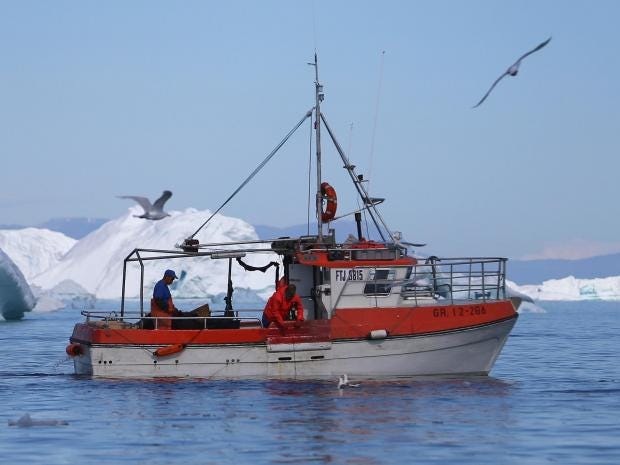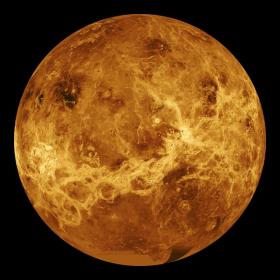North Pole above freezing in sign of 'sudden' and 'very serious' climate change
‘It is very serious…it is an increasing concern that this is happening rapidly on so many fronts’
- Ian Johnston Environment Correspondent
- 337 comments

Temperatures near the North Pole have risen above freezing in the latest sign of the “sudden” and “very serious” changes to the Earth’s climate.
The US Weather Channel reported that at least five buoys near the pole had recorded temperatures between zero and 1.2C on Tuesday this week.
At the same time, parts of central Russia have seen temperatures of -40C.
0:00
/
0:00
Climate change: It's "game over" for planet earth
READ MORE
Professor Peter Wadhams, head of the Polar Ocean Physics Group at Cambridge University, told The Independent that such warmth in the Arctic at this time of year was once virtually unheard of.
“Temperatures of more than zero are really exceptional for this
Professor Peter Wadhams, head of the Polar Ocean Physics Group at Cambridge University, told The Independent that such warmth in the Arctic at this time of year was once virtually unheard of.
“Temperatures of more than zero are really exceptional for this time of year. It’s remarkable in terms of the way the climate used to be, but over the past six years this is what’s developed,” he said.
It was, he said, the result of a “sudden” change in the jet stream – high altitude winds that circle the globe and have a major effect on the weather.
“When the sea ice retreated in the Arctic Ocean, in summer it led to much warmer air over the Arctic,” Professor Wadhams said.
“That reduced the temperature difference between the Arctic and the tropics and that caused the jet stream to slow down and adopt these big lobes.
“Each of these lobes brings warm air up to the Arctic and takes cold air down to other places.
“It is a trend that’s giving us a [relatively] fast rise in sea level, which will become apparent in nasty effects on coastal zones pretty soon.
“It is very serious. It is an increasing concern that this is happening rapidly on so many fronts.”
10 photographs to show to anyone who doesn't believe in climate change
Zack Labe, a PhD student studying climatology at University of California, Irvine, tweeted a graph showing the average temperature across the wider Arctic area was below zero and falling towards the end of this year, but then starting to move back up again with “quite an anomalous spike”.
The amount of Arctic sea ice this year has been significantly below the average for 1981 to 2010.
Professor Wadham believes the North Pole could be effectively ice-free within the next few years – even suggesting previously that it could have happened this year.
But most researchers believe this will happen sometime between 2030 and 2050.
This would be the first time the Arctic was free of ice for more than 100,000 years.
- More about:
- Arctic
- sea ice
- Global Warming
- climate change
- Peter Wadhams




3 opmerkingen:
Een ding maar. 'Game over for Planet Earth'?
Onzin.
De natuur vindt zijn weg wel, hoe weinig de mens zich ook aantrekt van de
destructie ervan door zijn toedoen.
Op een gegeven moment is die natuur letterlijk sterker dan de mens nog kan
afwenden of beperken.
Op dat moment is het 'Gamer Over'.
Voor de mens.
Lang leve Moeder Aarde.
Lullig dat door handelen van een relatief kleine groep, een enorm aantal mensen en dieren moeten boeten......
Kleine groep? Alle automobolisten?!
Sorry, maar verandering begint heel erg dicht in de buurt.
Een reactie posten